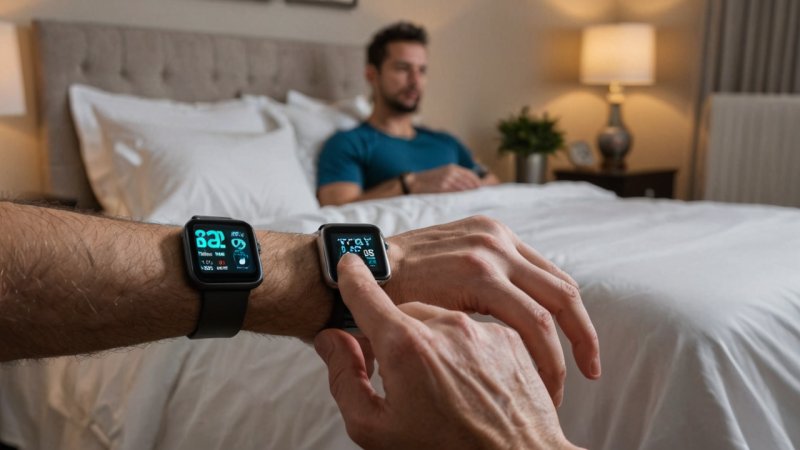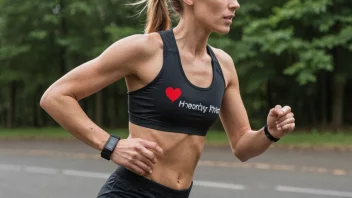In today's fast-paced world, understanding the importance of sleep is crucial for optimizing fitness routines. Sleep tracking technology can provide valuable insights into your sleep patterns, helping you to improve recovery, performance, and overall well-being. This article addresses common questions about sleep tracking and its impact on fitness.
What is sleep tracking?
Sleep tracking refers to the use of various devices and applications to monitor and analyze sleep patterns. These tools can track metrics such as sleep duration, quality, and stages, offering insights into how well you sleep.
How can sleep tracking improve my fitness routine?
By providing insights into your sleep quality and duration, sleep tracking can help you better understand how your body recovers from workouts. Improved recovery leads to enhanced performance, reduced fatigue, and lower risk of injury.
What types of devices can I use for sleep tracking?
- Wearable devices: Smartwatches and fitness bands often include sleep tracking features.
- Smartphone apps: Numerous apps can track sleep using smartphone sensors.
- Bed sensors: Devices placed under your mattress can monitor sleep without being worn.
Do I need to wear a device every night?
While wearing a device every night can provide the most comprehensive data, some people prefer using sleep tracking apps on their smartphones. However, consistency is key; the more regularly you track your sleep, the better insights you can gain.
What metrics should I focus on when tracking sleep?
- Sleep duration: Aim for 7-9 hours of sleep per night.
- Sleep quality: Assess how rested you feel upon waking.
- Sleep stages: Understand the balance between light, deep, and REM sleep.
How can I interpret my sleep data effectively?
Look for patterns in your sleep data over time. Identify factors that may be affecting your sleep quality, such as stress or caffeine intake, and make adjustments accordingly. Many sleep tracking apps include recommendations based on your data.
Can sleep tracking help with weight loss?
Yes, sleep tracking can aid in weight loss efforts. Poor sleep is linked to increased appetite and cravings for unhealthy foods. By improving sleep quality, you can enhance your metabolism and make healthier food choices.
What should I do if I notice poor sleep quality?
If your sleep data indicates poor quality, consider implementing a sleep routine. This may include:
- Establishing a consistent sleep schedule.
- Creating a relaxing bedtime routine.
- Avoiding screens and stimulants before bed.
Are there any downsides to sleep tracking?
While sleep tracking can be beneficial, it may lead to anxiety in some individuals. If you find yourself obsessively checking your sleep data or feeling stressed about your sleep patterns, consider taking a break from tracking.
How often should I review my sleep data?
Review your sleep data weekly to identify trends and make adjustments as necessary. Monthly reviews can help you assess long-term patterns and improvements.
In conclusion, sleep tracking is a valuable tool for anyone looking to enhance their fitness routine. By understanding and optimizing your sleep patterns, you can improve recovery, boost performance, and achieve your fitness goals more effectively.






